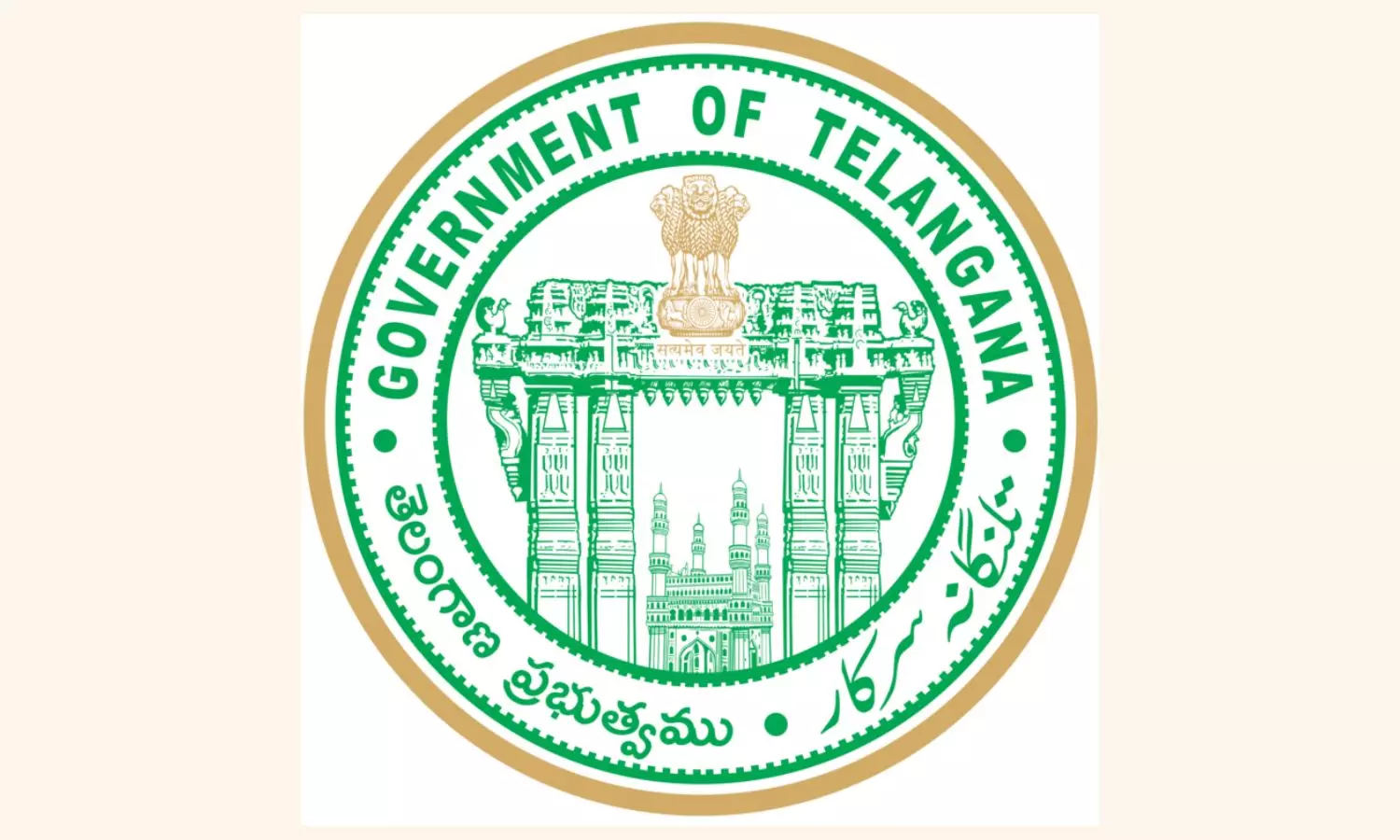Telangana Health dept. issues health advisory asking people to safeguard in monsoon

Hyderabad: The Department of Public Health and Family Welfare on Monday issued a general health advisory asking people to safeguard during monsoon and post-monsoon season as IMD forecast heavy rains in the next five days at isolated places in Telangana.
Public Health and Family Welfare Director Dr. B. Ravinder Nayak said as IMD forecasted heavy rains likely to occur in the next five days at isolated places over Telangana and it may lead to falling in environmental temperature and increase in humidity act as breeding ground for various viral infections as well as mosquito, food and water borne diseases.
To guard against these diseases and to battle the mosquito menace to fight Malaria, Dengue and Chikungunya, the people must follow a few tips to stay healthy during monsoon rains. The tips include securing doors and windows with mosquito nets or screens.
Any holes in the net should be promptly closed and keep windows and doors shut during the breeding time of the mosquitoes early morning and evening. Beds and cribs are to be covered with mosquito nets, preferably insecticide-treated. The net should have 156 holes in a square inch and should be tucked around the bed.
Children should wear light-colored clothes which will cover their arms as well as legs. Mosquito repellent like creams, lotions, roll-on sticks and body sprays applied before going outdoors and during dawn and dusk will help immensely. But make sure not to apply repellent on hands, mouth, eyes and on any cuts or bruises and refrain from using it if you are allergic.
Use chemical mosquito repellents like liquid vaporizers, mats, coils, pest control fumes and sprays etc. with caution as they may have adverse effects on health and keep away from children’s reach. Maintain drains to prevent water stagnation and septic tanks are best covered with a mesh to prevent mosquito breeding.
Observance of Friday dry day every week to get rid of stagnant water around the house, in discarded flower pots, cans, tyres, buckets, coolers, ditches and drains. Trim lawns as short as possible and prevent water borne infections - Acute Gastroenteritis, Jaundice and Typhoid.
Drink and carry filtered or boiled water from home, bottled water when outside and wash hands frequently, especially before and after meals, after visiting the washroom. Use and carry hand sanitizers with you and avoid eating outside, especially raw, pre-cut and uncovered food sold in the open like chaat, salads, fruits and juices
Eat freshly made home cooked food and discard leftovers as far as possible. Guard against airborne infections- Viral fever, conjunctivitis and influenza and avoid shaking hands, sharing food, water and clothes, with someone who is sick, or when sick yourself
Wash hands frequently, as well as use hand sanitizers often, to avoid being infected. Minimize contamination of hands, avoid touching door handles, table tops, lift buttons, stair banisters, and railings in public places. “Cover your mouth when you sneeze or cough, to avoid infecting people around you. Use disposable tissues if you have a cough and cold and discard them immediately after use,” Nayak said.
If any person developed flu like symptoms i.e. cough with fever, headache, sore throat and associated body pains or conjunctivitis please reach nearby government health facilities. During a health emergency please call 108 ambulance services.
As a part of precautionary measures, the government has made elaborate arrangements by providing special beds, I.V fluids, and essential medicines at all the public health facilities and ORS sachets are made available with ANMs, ASHAs and Anganwadi workers to meet any exigencies, Nayak added.

